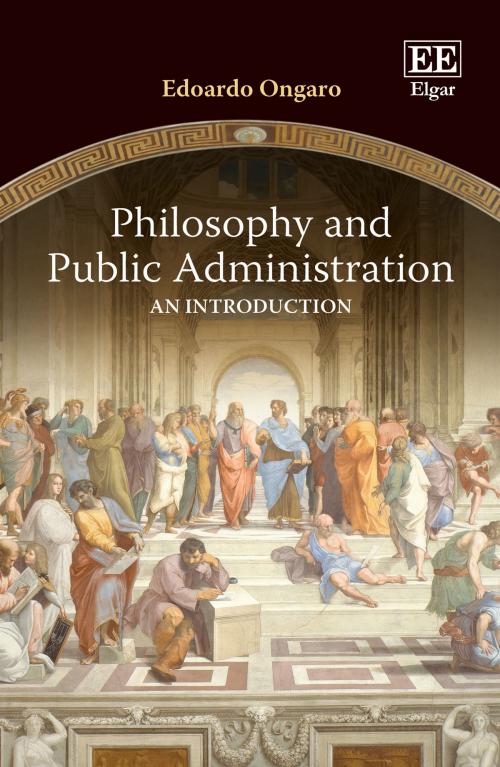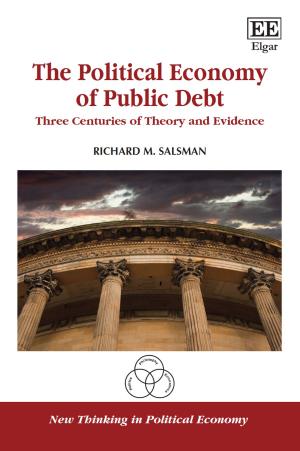Philosophy and Public Administration
An Introduction
Nonfiction, Social & Cultural Studies, Political Science, Government, Public Affairs & Administration| Author: | Edoardo Ongaro | ISBN: | 9781784718442 |
| Publisher: | Edward Elgar Publishing | Publication: | August 25, 2017 |
| Imprint: | Language: | English |
| Author: | Edoardo Ongaro |
| ISBN: | 9781784718442 |
| Publisher: | Edward Elgar Publishing |
| Publication: | August 25, 2017 |
| Imprint: | |
| Language: | English |
This book provides a systematic introduction to the philosophical foundations of the study and the practice of public administration. It reviews all the main philosophical streams, from ancient Greek philosophy to the contemporary strands, and discusses their significance for public governance and public management. Ontological and epistemological issues are brought to the fore in discussing contemporary conceptions of the nature of public administration. The quest for justification and legitimacy of public governance is examined, and 'Common Good', 'Social contract' and 'Personalism' arguments vetted. The works of thinkers like Thomas More and Niccolò Machiavelli are revisited and the implications for contemporary public administration are drawn.
This book provides a systematic introduction to the philosophical foundations of the study and the practice of public administration. It reviews all the main philosophical streams, from ancient Greek philosophy to the contemporary strands, and discusses their significance for public governance and public management. Ontological and epistemological issues are brought to the fore in discussing contemporary conceptions of the nature of public administration. The quest for justification and legitimacy of public governance is examined, and 'Common Good', 'Social contract' and 'Personalism' arguments vetted. The works of thinkers like Thomas More and Niccolò Machiavelli are revisited and the implications for contemporary public administration are drawn.















